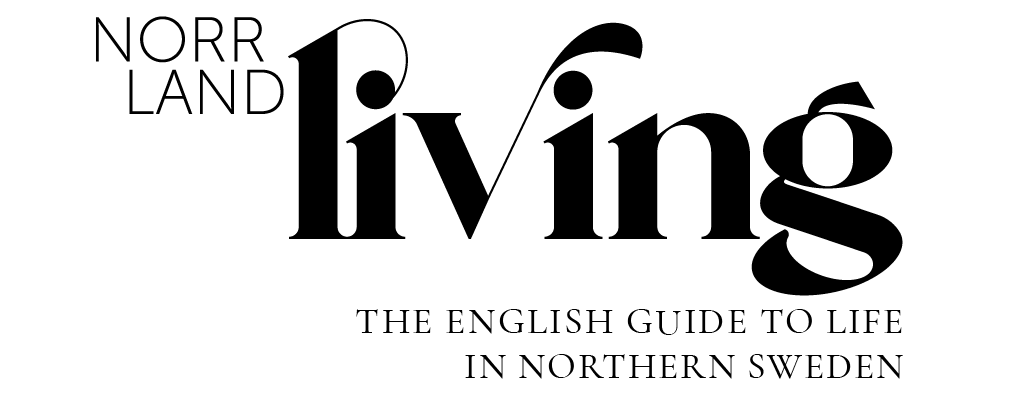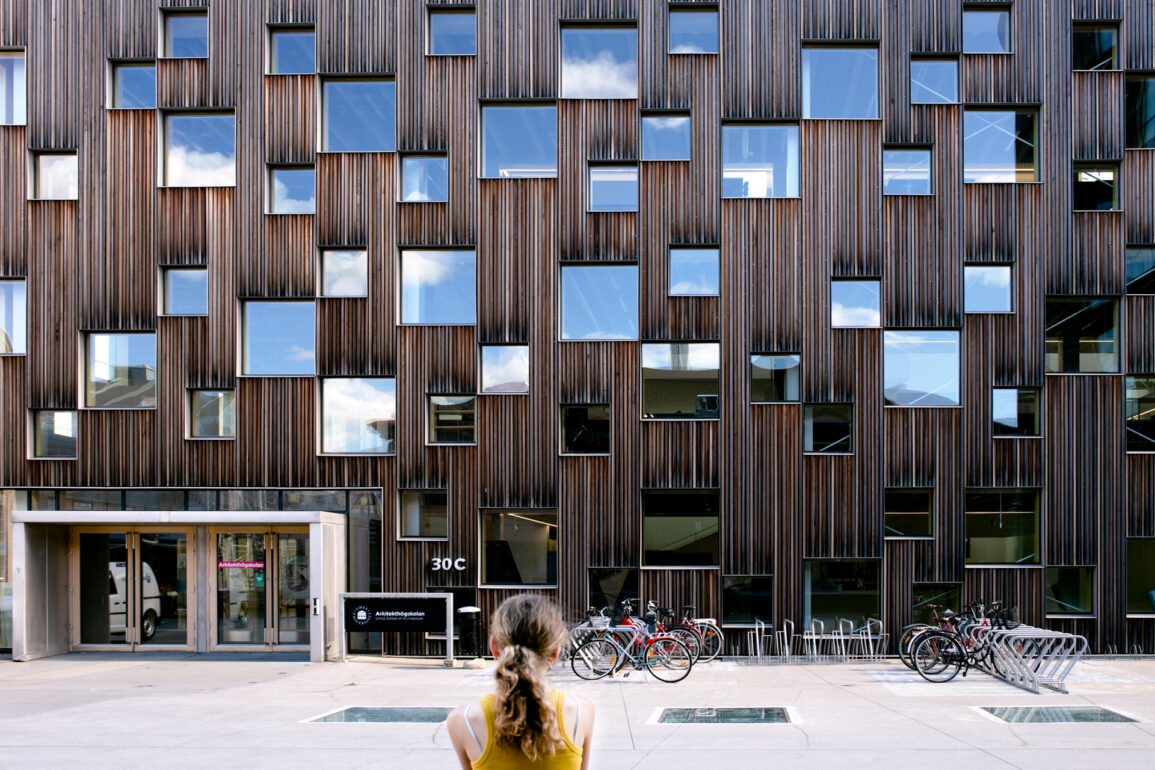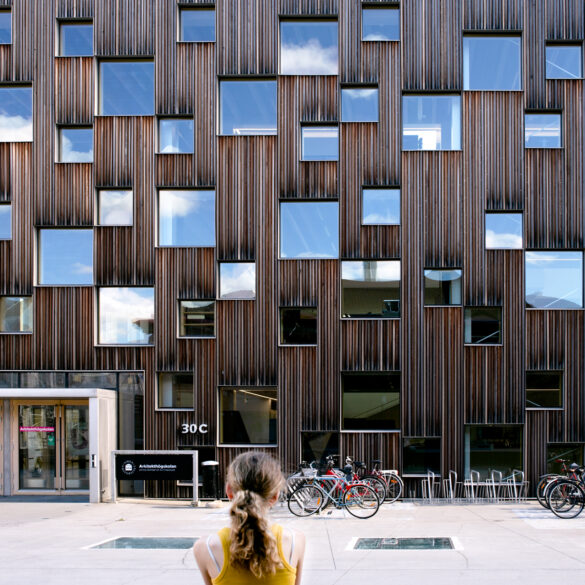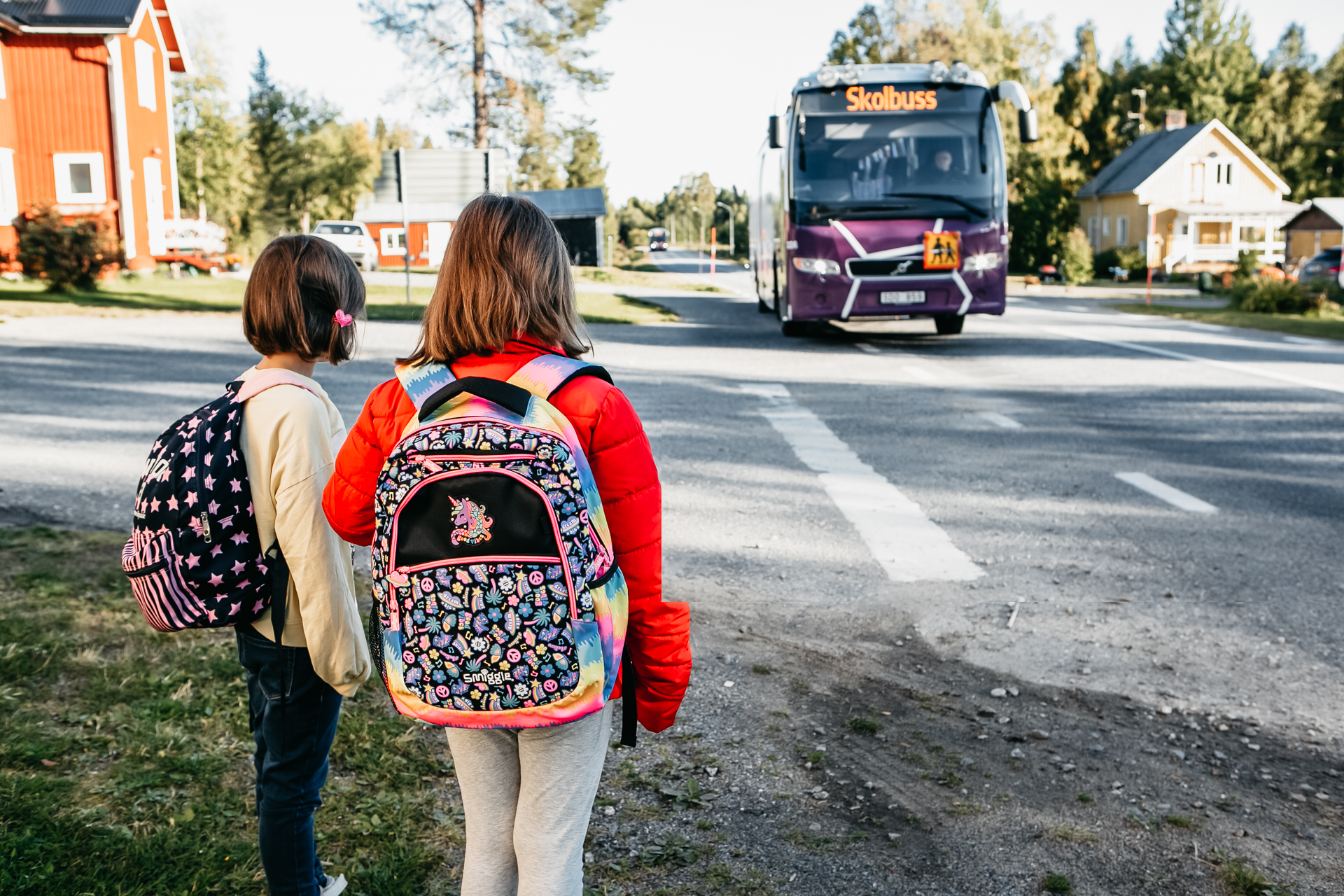Every education system is different and it pays to know what lies ahead when you first move here with your kids. Here’s a little homework for you to read up on for the compulsory school years and further education choices in Skellefteå. By Rehana Lothian. Photographs by Donna Richmond
In Sweden, compulsory education years are from grade F to 9 (age: six to 15/16). Most schools in Skellefteå are run by Skellefteå kommun with the addition of one independent school, IES (Internationella Engelska Skolan). IES also runs an international school for children who may not be permanent in Sweden and need education entirely in English.
Kommun schools teach in Swedish but make provisions for non-Swedes to learn. These include an initial crash course in Swedish. After many years’ experience, schools are well versed in helping non-Swedes integrate into schools. Both independent and kommun schools offer SVA (Swedish as a second language) lessons to non-Swedes to build language skills.
As Skellefteå’s industry grows, so does Skellefteå society and a fundamental part of providing for that is finding ways to bridge the gaps for new arrivals. In autumn 2023 Skellefteå will gain another bilingual Swedish and English school at Floraskolan. Floraskolan is a kommun-run school now beginning to teach 50% of lessons in English due to the demand from international families.
Compulsory education
Education in Sweden is now compulsory from the age of six, (förskola klass). There are no tests to pass in order to advance a year at school. However, Sweden has national tests, (nationella prov) in all schools in years three, six and nine.
Förskola (F) klass, first grade to third grade (lågstadiet). Tests in Maths and Swedish in grade three. Children aren’t given a grade but these help teachers assess standards and student progress.
Fifth grade to sixth grade (mellanstadiet). Sixth graders take tests in Swedish, Maths and English and receive a grade.
Seventh grade to ninth grade (högstadiet).
In year nine, students take national tests in English, Maths, Swedish, Science and Social Studies. They can also take a modern foreign language, which is not compulsory. Each year Skolverket asks for an additional subject test randomly picked from the other subjects studied: this could be, for example,Biology or Chemistry.
Grades are given by combining the national test results and other criteria, such as how the child works in and participates at school. Year nine points then help determine which courses a student is eligible to apply for at gymnasiet.
The big difference many international parents will note is that Sweden’s curriculum has a focus on a holistic perspective of the child, which contrasts with the more intense academic approaches in some countries. Swedish schools give opportunities for children to show many abilities and to learn the values of Swedish society. However, the national tests give schools and authorities the opportunity to see and compare standards.
Further information: English (engelska) – Skolverket. skolverket.se/
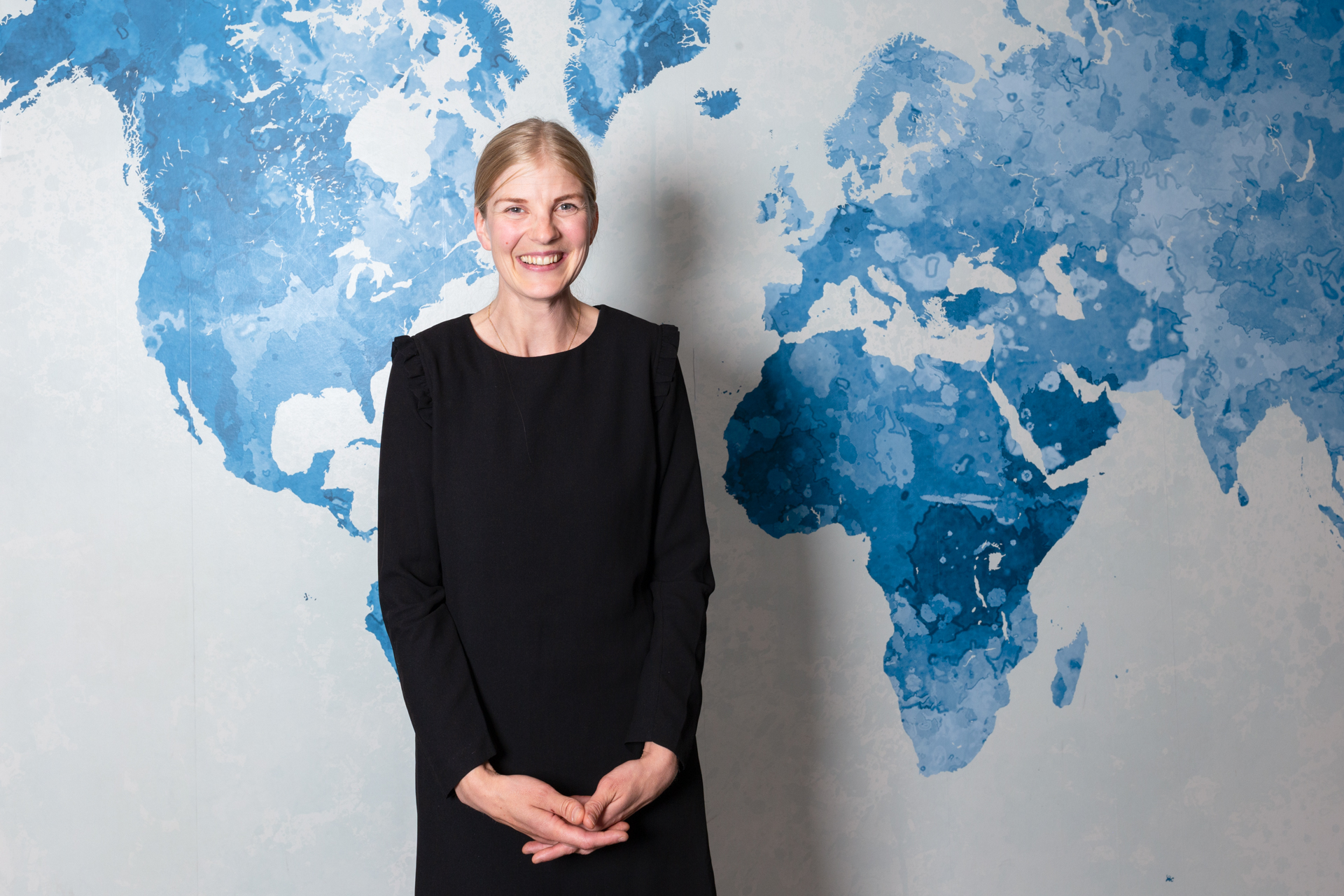
Internationalla Engelska Skolan
Internationella Engelska Skolan (IES) is an independent school, part of a network of IES schools in Sweden. It teaches the Swedish curriculum while promoting a bilingual environment, which fosters a good knowledge of English. Kristina Ekenstedt (above), school principal, is proud of the way in which children quickly become accustomed to lessons in both languages. “The children have international friends and hear English around them during the day which makes speaking and understanding the language natural”.
From the very beginning of school in F klass, children have 90 minutes of English per week and by fourth grade, 50% of lessons are taught in English. The school values a calm learning environment and a sense of community, especially useful for students who arrive without connections in their new city. “We like to say it’s a home from home” says Kristina. “We want parents to be involved with the Parent Teacher Association which holds some events during the year, something that helps if you’re new in town”.
The school is open for all – Swedish and international pupils. For those who wish to apply, there is a queuing system, with the exception of siblings of current pupils who have priority.
The Cambridge programme
For those families only staying for a short period in Sweden, the International School, (which is a fee-paying programme hosted within the IES school building), follows the Cambridge curriculum. The programme is known and taught around the world and is therefore transferable. Additionally, Kristina adds, “It’s recognised around the world. In fact, the IGCC is taken (optionally), by some of the other students in the mainstream part of the school”.
Swedish school authorities stipulate the following criteria to enter international school:
* a child is resident in Sweden for a limited time
* went to school abroad for an extended period and wants to finish their education in Sweden
* will move away from Sweden for a longer time
* has English as a daily contact language, where one or both guardians have English as their mother tongue.
Lessons at International school take place in English and students begin Cambridge primary school in the year they turn five, one year earlier than Swedish schools. Besides the core subjects, pupils take the Global Perspectives course and have two hours of SVA, (Swedish as a second language) per week. Global Perspectives involves a mix of topics aimed at the global citizen.
Kristina sees this programme as part of Skellefteå’s welcome to international workers and their families. “We want every student to be a strong member of society and we see this as an important part of the solution for Skellefteå which is becoming an international city”.
More information: engelska.se/our-schools/skelleftea
email: info.Skellefteå@engelska.se
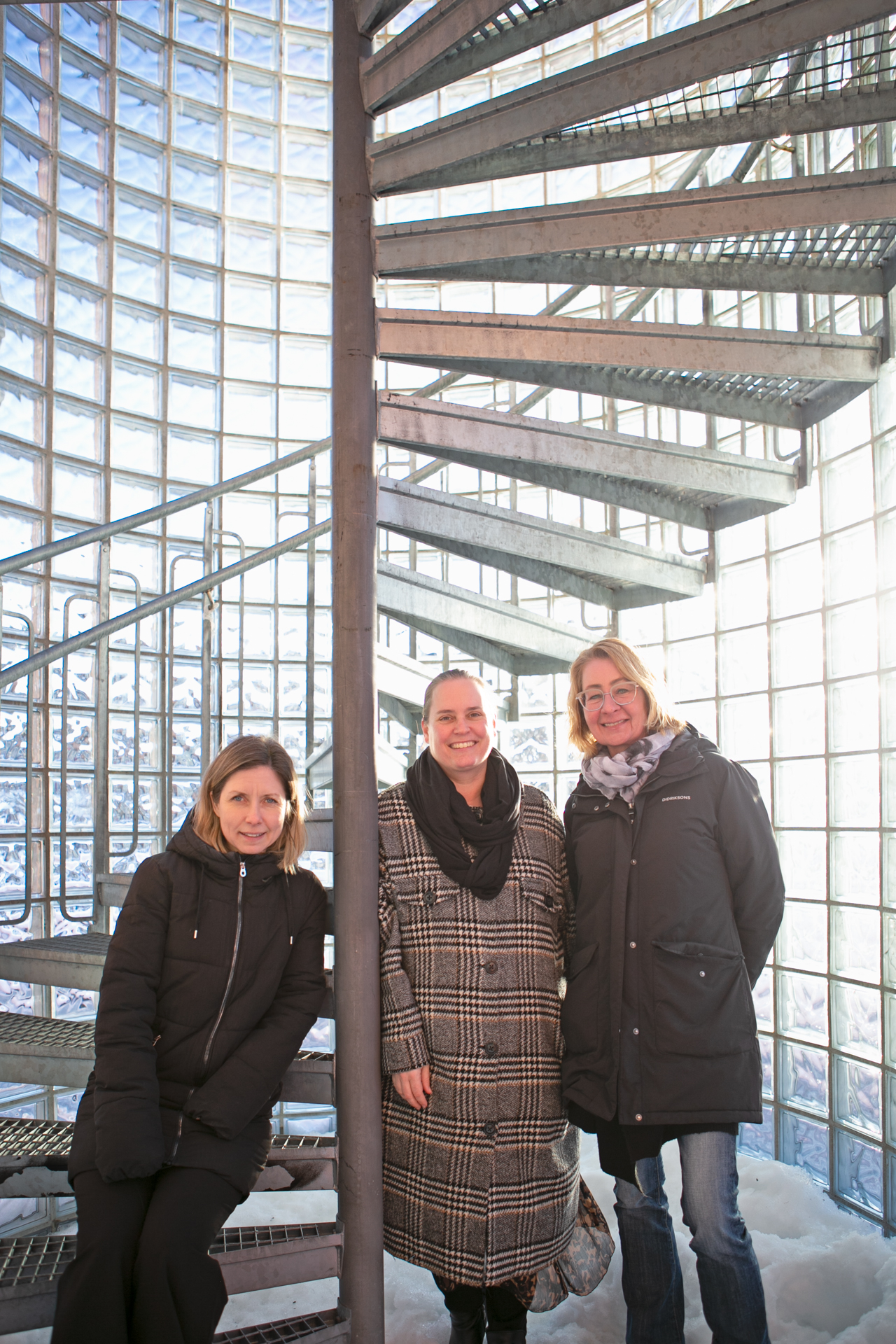
Gymnasieskolan / Upper secondary
The route for most students after year nine is three years at gymnasieskolan. Anderstorpgymnasiet, Baldergymnasiet and Naturbruksgymnasiet are the three kommun upper secondary schools which follow the Swedish curriculum. For international students at this level who require English education, students can choose to take the International Baccalaureate at Anderstorpgymnasiet.
To get an idea of how things work at this level, I spoke to the career guidance counsellors at Baldergymnasiet.
Elin Johansson, MarieLouise Norlund, and Karin Åström (above), have the lowdown on how the school system works and what it’s like to be an upper secondary student.
The counsellors are proud of the school’s atmosphere and approach to a student’s development. “We have invested in our premises, such as library, sports halls, a restaurant and a student cafeteria to meet and socialize in. The breadth of programs and specializations that Baldergymnasiet offers gives us a diversity we are proud of,” says MarieLouise.
As with school, students are supported and offered tutorials to attain their goals but in the current climate, education must be future-facing. These students are the young adults that the new green industries need to develop, so technology must play a role, says Elin. “We educate our students for the future. Therefore, digitalization and new technology are important to us, as well as supporting students in entrepreneurship that provides both valuable experience and industry contacts.”
So, how do students move on to gymnasiet? The meritvärde (pointscore), from the ninth grade is used to apply for upper secondary school. The best 16 grades are used to formulate an average. For example, an E is worth 10 points and A, 20 points. The points you gain enable you to enter the queue for the school you want, provided you pass Swedish, English and Maths.
When I ask about coping with overseas students’ needs, Karin is confident that their long experience in this area is valuable for the expected new wave of newcomer kids. “We are good at supporting students when needed. The success stories are many: for example, all the unaccompanied refugee minors who made their way through bureaucracy and school in a new language were just amazing.”
Further information via Skellefteå kommun 0910 – 73 50 00 or by email at kundtjanst@Skellefteå.se
International Baccalaureate Diploma Programme
Equivalent to years 11 and 12 at gymnasiet, the International Baccalaureate Diploma programme (IBDP), is offered at Anderstorpskolan with a pre-diploma year in grade 10. The programme is run by an international body which creates the curriculum, and inspects and assesses each school and programme.
The school began with a preparatory year in August 2022 and offers all the main subjects but programme coordinator Maria Hedman says that other subjects such as other languages could be added in the future.
The course will appeal to those with an international background and, as you might expect with an international group of students, Maria describes them as, “Welcoming no matter who you are. Social interaction in the group is important.”
The first year of this programme is preparation for the diploma programme itself but also offers some subjects not in the diploma course, for example history, which would also enable you to enter the mainstream Swedish system. For those not 100% fluent in English, there is time to prepare and build English skills in year 10.
English important
The programme is taught in English and students may apply based on their previous two years’ education if they haven’t been resident in Sweden and don’t have Swedish grades. Students sit an English entrance test to establish their level and to determine if extra work is needed to improve. Students choose six subjects in years 11 and 12 for their diploma; a first language, second language, a social science, maths, art and experimental science.
Language is not the only difference you will find with this program, the subject Theory of Knowledge (TOK), which teaches students how to interrogate and evaluate sources, nurtures good analytical thinking. Students also take CAS, (Creativity, Activity, Service). This involves “learning by doing” and independent decision-making. Topics explored include ethics and global engagement. Students interact in the community and contribute in ways based on their own project. Maria is proud of the impact IB students make: “IB students not only volunteer and contribute but they tend to continue to do so throughout university and through post-educational life.”
Final exams are taken in year 12 and are externally assessed. There are also internal assessments in each subject, which are reviewed by IB moderators.
The course is internationally recognised and is well-known throughout the world, and therefore allows students to apply to universities worldwide as well as to the many courses taught in English at Swedish universities.
And the outcome? Maria believes the IB course helps students stand out as “very well prepared for university and life after school. The mix of natural and social sciences, economics and independent thinking demands commitment from students but the results are clear.”
The IBDP programme is taking off in the north, with Luleå and Boden planning courses in recognition of the new international workforce arriving as the green industry develops in Norrland.
Information: Parents are welcome to contact Maria Hedman, programme coordinator, to discuss the course. The school will also hold an open day in November.
Maria.hedman@Skellefteå.se, ibo.org
Yrkeshögskolan
Upper secondary vocational education (Yrkeshögskolan) prepares students for careers in a specific profession. It works as an alternative to university or college and offers practical and theoretical training opportunities to prepare students for real-world work environments. “The unique aspect is that all the programmes are backed by the business sector, which also helps shape the curriculum.
“Consequently, job opportunities are very good after completing studies”, says Robert Eliasson, course coordinator.
Eligibility to attend Yrkeshögskolan varies, but fundamentally you require a grade from upper secondary school. The requirements vary based on the specific programme and school; however most vocational programmes have “Svenska 1” as a prerequisite.
There are two types of qualification offered by Yrkeshögskolan:
– Vocational Upper Secondary Degree (SEQF 5)
– Qualified Vocational Upper Secondary Degree (SEFQ 6)
Each vocational programme has an education coordinator who assists students with problems, and students have the right to receive an individual study plan where appropriate.
Information: www.nyhs.se
Contact: [email protected]
